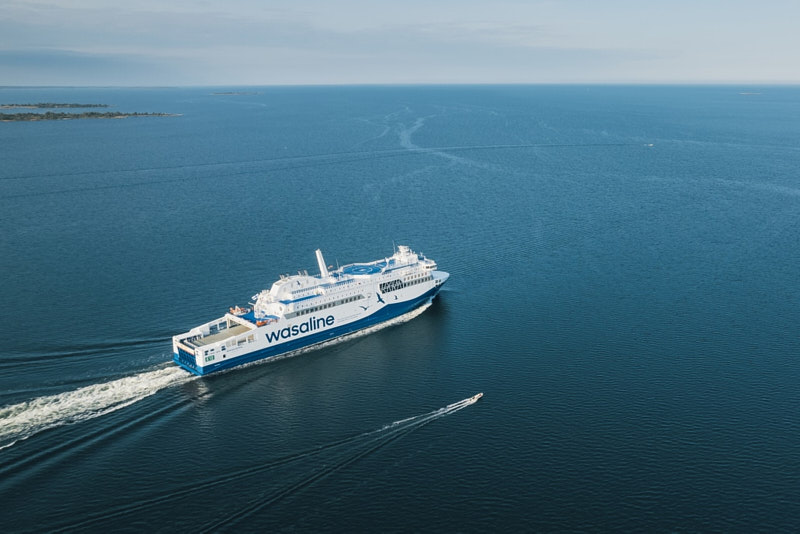Passengers on the Vaasa-Umeå route can now opt to compensate for their journey by paying a nominal voluntary fee. Wasaline aims to reduce its climate footprint by at least 5% annually and achieve climate neutrality in Kvarken by 2030.
Operating with biogas and batteries has made the journey climate neutral. Since the launch of Aurora Botnia, CO2 emissions have decreased by 27.1%, with 10% of journeys in 2023 powered by biogas. The 2024 goal is a 15% reduction in CO2 footprint, according to Peter Ståhlberg, Managing Director of Wasaline.
Customer demand has driven the introduction of climate compensation, with fees used to purchase biogas. There is significant interest from cargo customers in climate-neutral operations. Currently, Wasaline offers emission-neutral intermodal transport to the continent via Sweden, using trains from Gothenburg and Trelleborg ports. The Vaasa-Umeå sea route aspires to be a Green Shipping Corridor by 2030.


